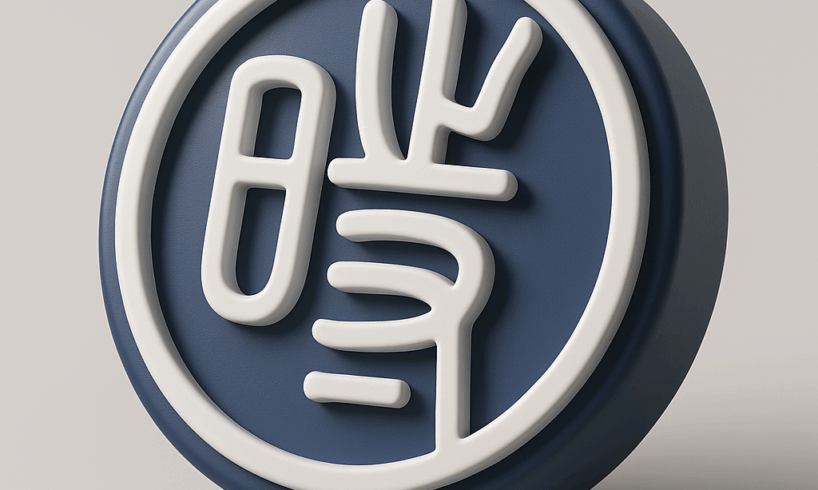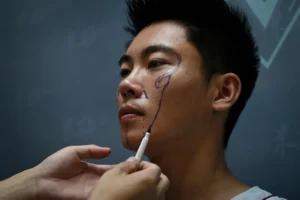
Two incidents this month highlight the ways in which local governments’ action on public health and safety measures are often geared more toward shielding authorities from accountability or financial costs rather than supporting the public.
Recent investigations revealed that Jishan County in Shanxi province spent 2.3 million RMB (nearly $320,000 U.S. dollars) to build 23 new public toilet facilities, but kept the doors locked, forcing villagers to continue using old, dirty, and poorly maintained pit latrines. As news spread, the local government justified its actions by arguing that allowing open access to the new public toilets would require excessive operating and maintenance fees and that villagers’ poor hygiene would exacerbate the costs. Many online commentators criticized what they viewed as an absurd excuse by the government. WeChat account “Fourth Ring Road Youth” (四环青年, Sìhuán Qīngnián) wrote that “the new toilets are just a vanity project, a showpiece for officials.” WeChat account “Unyielding Bamboo” added a sharp critique: “At least a latrine can hold shit, but what can this thing do? It can’t even uphold basic human dignity, or serve to improve public welfare. […] All it does is facilitate inspection visits, by creating the illusion that local officials are competent.”
Chinese internet users have long derided the spectacle of official inspection tours ostensibly meant to protect health and safety. In 2011, after three officials in Huili, Sichuan doctored a photo of their highway inspection and posted it on a government website, netizens created a “floating officials” meme and photoshopped the trio into other iconic photos both real and imagined. In March 2020, a viral video captured several women shouting “Fake! Fake! Everything is fake!” from their apartments as Vice-Premier Sun Chunlan conducted an official inspection of the residential complex during a pandemic quarantine. Another netizen shared a first-person account, later deleted, about their role in a highly choreographed inspection by Xi Jinping in October 2022. They concluded: “The people he interacted with at the Zhiyuan Apartments must have undergone careful political vetting, and their function was to serve as supporting actors, to help manufacture a ‘harmonious’ atmosphere. Xi’s visit wasn’t about listening to the real concerns of the people, but about underlining the will of the Party.” Mocking these empty performances, undergraduates at a Yunnan college published a viral, satirical video of themselves strolling around campus mimicking officials on an inspection tour; their performance even managed to hoodwink university administrators into thinking that the inspection was genuine.
Beyond the Potemkin toilets in Shanxi, officials in Yuhang District, Hangzhou became embroiled in their own plumbing problems this month after local residents noticed their tap water had turned yellow and gave off a nauseating smell. Some wondered whether the pollution was due to sewage in the public water pipes. Authorities failed to quickly and transparently address the cause, and instead censored articles about the issue on WeChat and detained one man for “fabricating and spreading a rumor online claiming that [a] sewage pipe had been connected to the city’s tap water system.” At least one WeChat article about the issue also appeared to be censored. Eventually, officials released certain information claiming that the cause was a benign result of sulfur compounds produced by algae, and said the problem had been resolved. However, some residents and observers criticized what they viewed as officials attempting to dodge accountability with their public messaging. The Global Times reported on Wednesday that Hangzhou authorities had “[held] seven officials strictly accountable,” without giving further details. CDT Chinese editors collected comments from social media users highlighting the disparity between the government’s prompt action to punish rumormongers and delayed action to solve the underlying issue:
LeoGoes: Those who monopolize information block reporting and investigation, and fail to explain things clearly, yet they blame the public for spreading rumors?
糖CU鱼: The thing is, his fabrication is more convincing than the official version.
bigmiddletao: Back then, they claimed the pneumonia outbreak in Wuhan was just a rumor, and look what happened …
ZHangelLee: Some people eat lead, and some eat shit.
撒哈拉没沙系列: They’re pretty fast when it comes to arrests, but what about fixing the actual problem?
遇山之: If only they were this efficient at handling the water-quality problem.
阔活洵信: The real issue is that the official explanation is utterly unconvincing. [Chinese]





